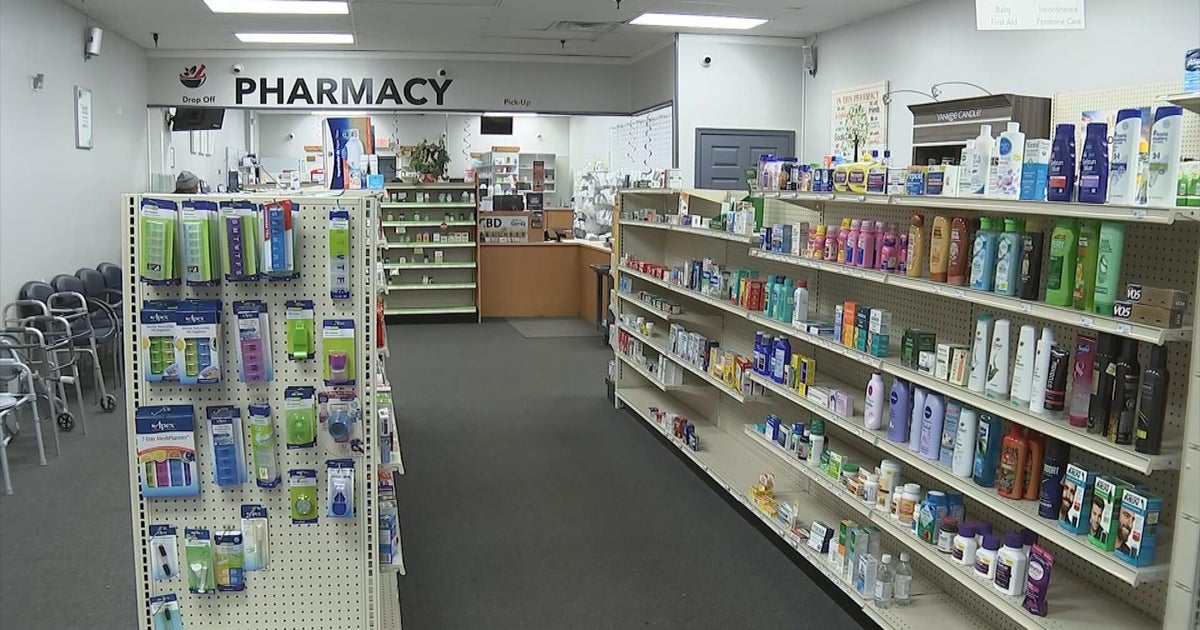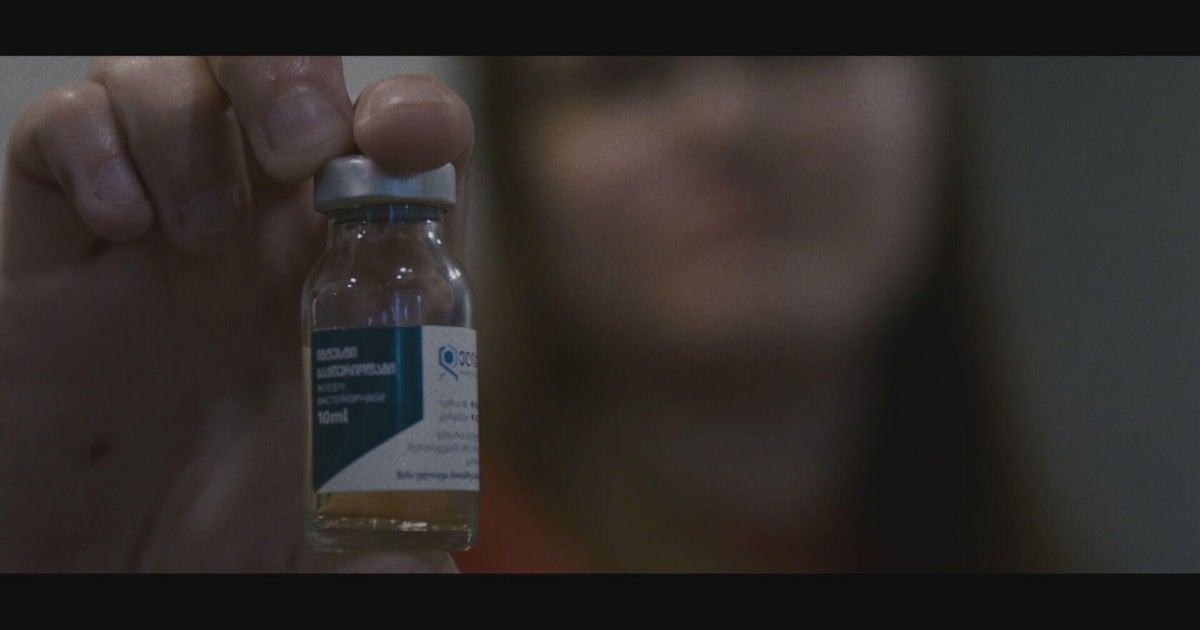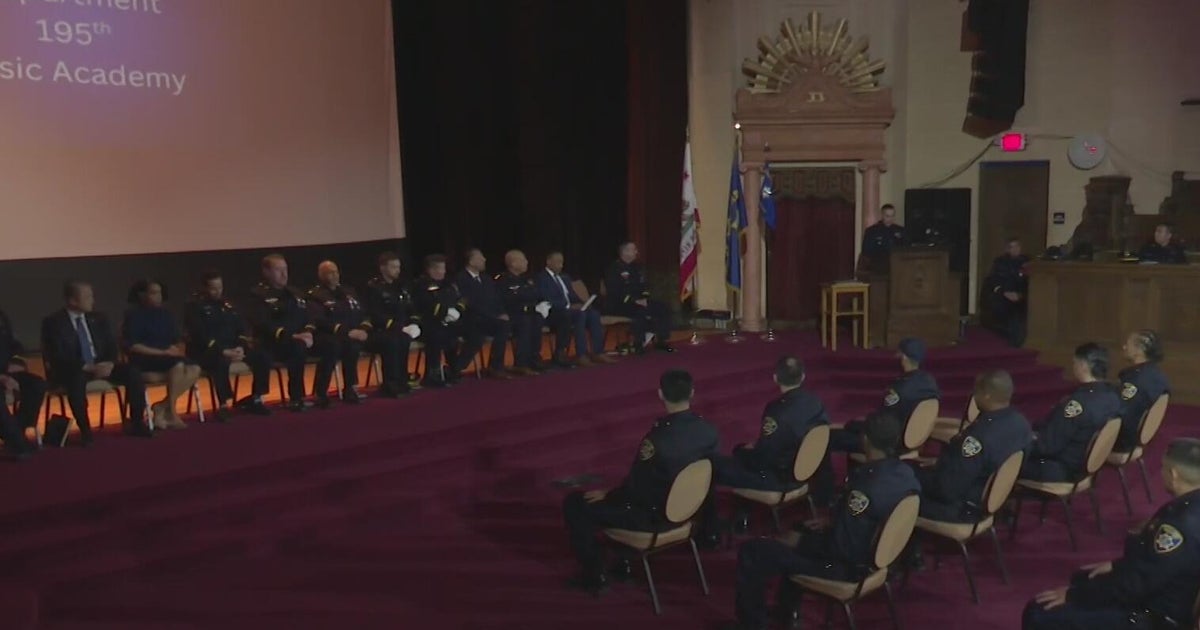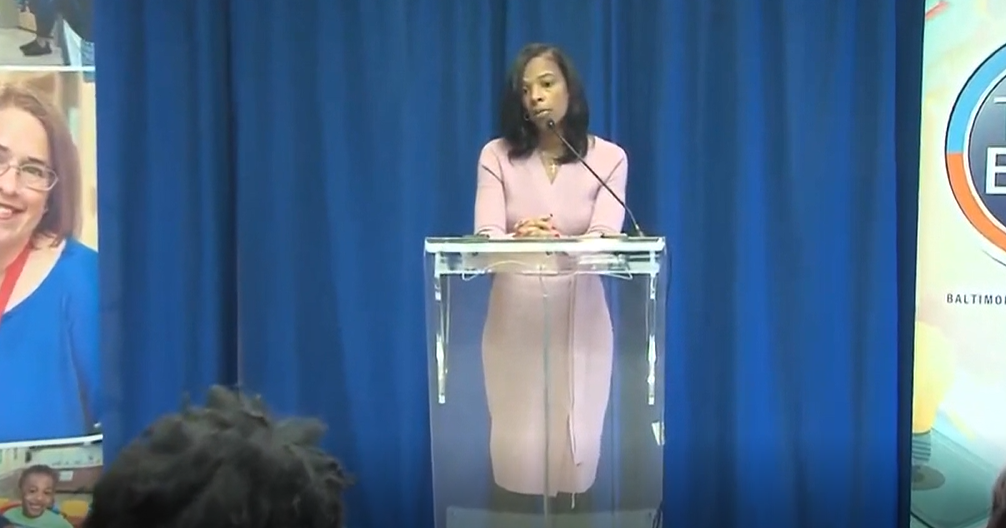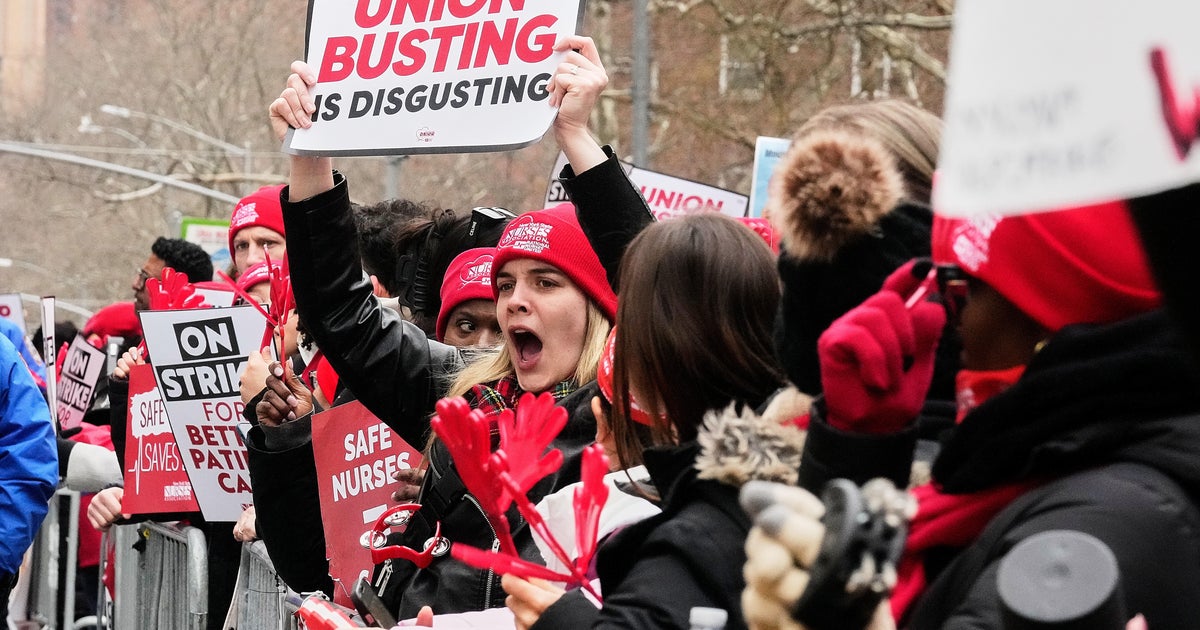Nationwide shortage impacts cancer-treating drugs
BALTIMORE -- A nationwide shortage on several life-saving cancer drugs is raising major concerns for doctors, patients and their families.
The Food and Drug Administration the shortages of those drugs used to treat many types of cancers.
Pluvicto, methotrexate, cisplatin and fluorouracil are just a few of them.
"We have seen more shortages than we have seen ever before," said Dr. Yoram Unguru, hematologist/oncologist at Sinai Hospital. "Right now, there are over 300 drugs in short supply in the United States and chemotherapy are a key class of those drugs that are in scarcity."
The drug shortages are putting patients into dire circumstances and impacting those who rely on medications to treat bladder, prostate, and lymphoblastic leukemia, among other cancers.
Dr. Unguru treats children with cancer at Sinai Hospital.
"These are untenable situations," Dr. Unguru said. "I mean it's hard enough to take care of children with cancer when you have adequate drugs. When you don't, it's a nightmare."
In many cases, this could mean life or death, and forces doctors to make difficult decisions using treatments that may be less effective.
"We start to try to make lemons out of out of lemonade but that's not easy," Dr. Unguru said. "What we'll have to do is if a particular drug that's in scarcity, isn't available, we'll try to what we call frame shift. We'll give a different part of that treatment regimen at a time, or it's not indicated, and that itself is, I guess working. We don't like to guess."
Dr. Unguru said these shortages are nothing new.
"They tend to go in peaks and valleys and they never go away," Dr. Unguru said. "They're omnipresent but lately the trend has been creeping upwards."
The scarcity is a matter of supply chain issues and profitability.
"They're quite complicated to make," Dr. Unguru said. "There's not a big investment on their return and pharmaceutical companies. The primary driver for the shortages is economic. Oftentimes, there's one manufacturing line that is making these drugs, and if that line has a problem with their equality, it gets shut down, and they can't just pick up a new line."
As far as solutions, Dr. Unguru spent years researching and lobbying for tighter partnerships between government and pharmaceuticals
"We should incentivize and we should subsidize to the pharmaceutical companies
to make some of these drugs, and we should reward companies that have good manufacturing and quality metrics," Dr. Unguru said. "But the government absolutely has to take a bigger and more active role in maintaining a stockpile of these critical drugs."
We know time is of the essence when it comes to cancer treatment.
But Dr. Unguru said there's no word just yet on when these shortages will be resolved.
